Welcome to the world of programming languages for game development, where creativity, technology, and imagination come together to craft captivating interactive experiences. Behind every mesmerizing game lies a powerful programming language that brings characters to life, enables thrilling gameplay mechanics, and immerses players in vibrant virtual worlds. Aspiring game developers and seasoned professionals face the crucial decision of choosing the right programming language for their projects. Whether you dream of building a 3D action-adventure blockbuster or a charming 2D mobile game, this article by Polydin game art outsourcing studio will explore the best programming languages for game development. Join us on this adventure as we unravel the secrets of creating gaming masterpieces.
What is Game Development?

Game development is the process of designing, creating, and producing interactive video games. It encompasses various activities, from conceptualizing game ideas and designing gameplay mechanics to creating captivating visuals, sound, and narrative elements. Game development involves a multidisciplinary approach that brings together various professionals, including game designers, artists, programmers, sound designers, and writers, working collaboratively to bring a game concept to life.
Game Platforms

Game platforms refer to the various devices or systems played by video games. These platforms have evolved significantly over the years, providing diverse experiences for gamers. Some of the most popular game platforms include:
- Personal Computers (PC): PCs offer a versatile gaming experience, with a vast library of games available through digital distribution platforms like Steam and Epic Games Store. PC gaming allows for higher graphical fidelity, customizable hardware, and a wide range of input devices, such as keyboards, mice, and gamepads.
- Consoles: Gaming consoles like PlayStation, Xbox, and Nintendo Switch are dedicated gaming devices that connect to televisions. They provide a user-friendly experience with exclusive titles and optimized performance for gaming. Consoles have a large following, making them a crucial platform for developers.
- Mobile Devices: Smartphones and tablets have revolutionized gaming with their portability and touch-screen interfaces. The App Store and Google Play Store are home to a massive collection of mobile games, catering to a broad audience and offering casual and hardcore gaming experiences.
- Virtual Reality (VR) and Augmented Reality (AR): VR headsets and AR-enabled devices allow players to immerse themselves in interactive 3D worlds or blend digital elements with the real world. These platforms provide unique and innovative gaming experiences, enhancing player engagement.
- Web Browsers: Browser-based games can be played directly on internet browsers without requiring additional installations. They are easily accessible and have lower hardware requirements, making them suitable for a broad audience.
- Cloud Gaming: Cloud gaming platforms, like Google Stadia and Microsoft’s Xbox Cloud Gaming (formerly known as Project xCloud), allow players to stream games over the internet without needing high-end hardware. This technology promises accessibility and the ability to play across various devices.
Each platform comes with its own advantages and challenges, and game developers must consider the target audience, hardware capabilities, and user experience to optimize their games for specific platforms effectively.
Game Engines

Game engines are software frameworks or platforms that provide developers with tools, libraries, and functionalities to create and develop video games. They streamline the game development process by handling various aspects, such as graphics rendering, physics simulation, audio processing, and asset management. Game engines enable developers to focus on designing gameplay, creating art assets, and implementing game mechanics without the need to build everything from scratch. Some popular game engines include:
- Unity: Unity is one of the most widely used game engines, known for its versatility and accessibility. It supports multiple platforms, including PC, consoles, mobile devices, and virtual reality. Unity offers a robust editor and an extensive asset store, making it a popular choice for both indie developers and large studios.
- Unreal Engine: Developed by Epic Games, Unreal Engine is another powerful and feature-rich game engine. It is renowned for its stunning graphics capabilities and high-quality visuals. Unreal Engine is commonly used for creating AAA games and virtual production projects, and it supports various platforms, including PC, consoles, and VR.
- Godot: Godot is an open-source game engine that has gained popularity for its user-friendly interface and community-driven development. It is well-suited for 2D and 3D game development and offers a scripting language called GDScript, which is similar to Python.
- CryEngine: CryEngine is known for its exceptional graphics and rendering capabilities, making it a popular choice for creating visually impressive games. It has been used to develop many visually stunning titles and offers support for PC, consoles, and VR platforms.
- Cocos2d: Cocos2d is a game engine specialized in 2D game development. It is lightweight, easy to use, and has extensive support for mobile platforms, making it a preferred choice for mobile game developers.
- Phaser: Phaser is a popular open-source game engine for creating HTML5 games, particularly suited for web-based games and mobile game development.
Choosing the right game engine depends on the project’s requirements, the target platforms, the team’s familiarity with the engine, and the budget. Each engine has strengths and weaknesses, and developers should carefully evaluate their needs to make an informed decision.
What Makes a Language Good for Game Development?

Several factors contribute to making a programming language suitable for game development :
- Performance: Games often require real-time processing of complex graphics, physics, and AI calculations. A good language for game development should offer high performance to ensure smooth and responsive gameplay.
- Libraries and Frameworks: A language with a rich ecosystem of libraries and game development frameworks can significantly speed up the development process. These libraries provide ready-to-use functions for handling common game-related tasks, such as graphics rendering, audio processing, and physics simulations.
- Cross-Platform Support: Games are developed for various platforms, including PC, consoles, mobile devices, and more. A language that supports multiple platforms and has strong cross-platform capabilities allows developers to target a broader audience with their games.
- Community and Documentation: A thriving community of game developers and extensive documentation for the language are invaluable resources. A supportive community can provide solutions to common challenges, share best practices, and offer helpful advice.
- Ease of Use: Game development involves a multitude of complex tasks. A language that is easy to learn and use can make the development process more efficient and accessible to both experienced and novice developers.
- Graphics Capabilities: The ability to manipulate graphics efficiently is crucial for game development. A language that provides strong support for graphics and enables developers to create visually appealing games is highly desirable.
- Scripting Capabilities: Many games use scripting languages to handle in-game events and behaviours. A language with scripting capabilities can offer flexibility and allow for quick changes without recompiling the entire game.
- Community and Third-Party Support: A language with a strong community and active third-party support often means access to a wide range of game development tools, plugins, and assets that can enhance the game development process.
+5 Best Programming Languages for Game Development
When it comes to game development, choosing the Best Programming Languages for Game Development can significantly impact the success and efficiency of the project. We are going to introduce some of the most commonly used languages in gaming:
C++
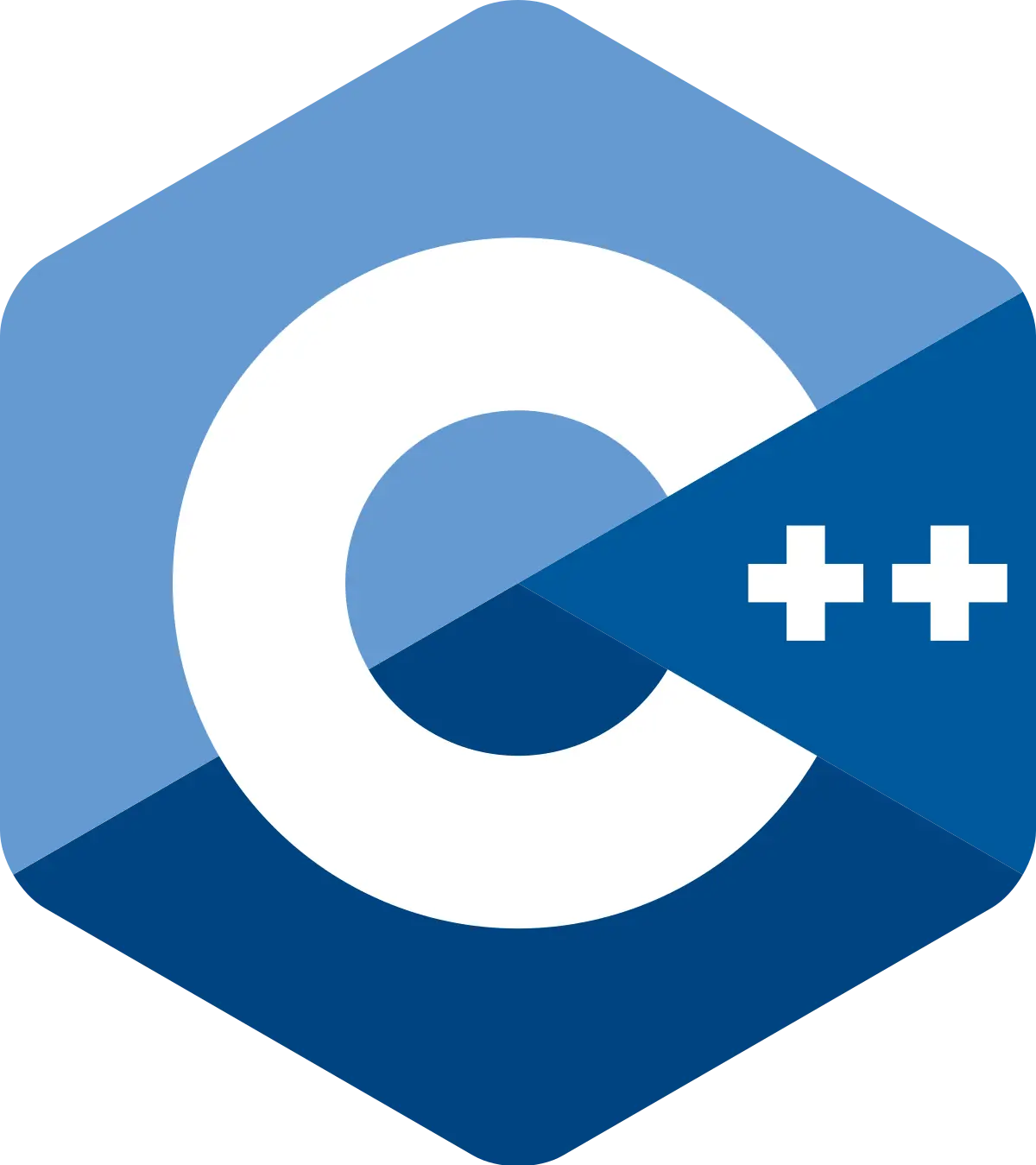
C++ is a powerful, popular and one of the best programming languages widely used in game development due to its performance and versatility. It offers a fine balance between high-level abstraction and low-level memory manipulation, making it suitable for building complex and resource-intensive games. C++ provides direct access to hardware resources, allowing developers to optimize code and control memory usage, resulting in faster and more efficient games. Its object-oriented nature facilitates the organization and management of code, promoting modularity and reusability, which is crucial in large-scale game development projects.
C++ is the language of choice for many game engines, such as Unreal Engine, due to its ability to handle complex simulations, physics, and graphics rendering. With features like pointers and manual memory management, C++ gives developers precise control over resources, enabling them to fine-tune game performance and achieve the desired level of responsiveness. However, C++ can be more challenging for beginners due to its complex syntax and potential for memory-related bugs. Nonetheless, mastering C++ is valuable for game developers seeking to create high-performance and feature-rich games that can run smoothly on various platforms.
C#
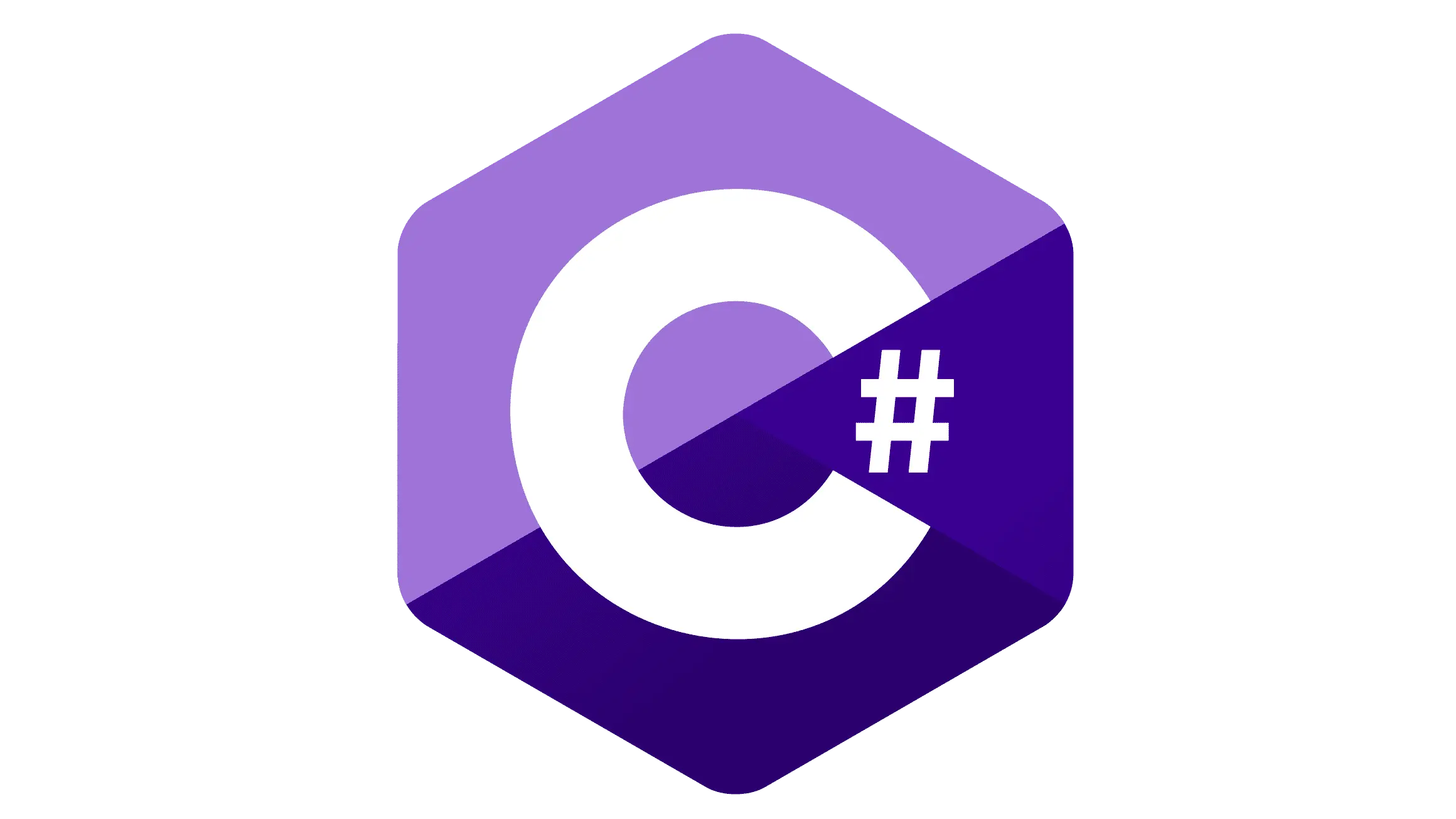
C# (pronounced “C sharp”) is a powerful and versatile programming language commonly used in game development, particularly for creating games with the Unity engine. Microsoft developed it, and is part of the .NET framework. C# is known for its simplicity and ease of use, making it a popular choice for both beginners and experienced developers. Its strong type system and garbage collection help manage memory efficiently, reducing the risk of memory leaks and simplifying memory management for developers.
C# is an object-oriented language that supports many modern programming paradigms, including event-driven programming and asynchronous programming, making it well-suited for creating interactive and responsive games. Its seamless integration with the Unity engine provides access to various tools and assets, streamlining the game development stages. C# allows developers to create cross-platform games easily, as it is supported on multiple platforms, including Windows, macOS, iOS, Android, and more. Overall, C# empowers game developers with a versatile and accessible language to create engaging and feature-rich games for various platforms with relative ease.
JavaScript
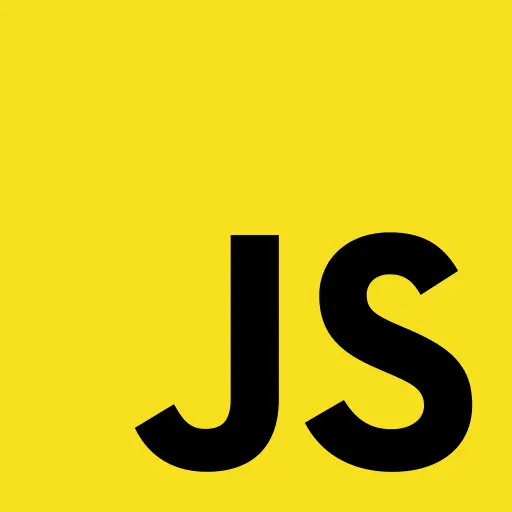
JavaScript is a widely used programming language for web development, and its versatility also extends to game development. It is primarily known for its role in building interactive and dynamic web pages, but with the rise of HTML5 and web-based game engines like Phaser and Three.js, JavaScript has become a popular choice for creating browser-based games. Its syntax is relatively easy to grasp, making it accessible to developers of various skill levels.
One of the key strengths of JavaScript in game development is its ability to run directly in web browsers, enabling players to enjoy games without additional installations or downloads. This makes it a convenient option for creating casual and mobile-friendly games that can reach a wide audience. Moreover, JavaScript’s large and active community contributes to a vast ecosystem of libraries and frameworks, providing developers with a rich pool of resources to enhance their game development process. With the continuous advancements in web technology and JavaScript’s adaptability, it continues to be a formidable contender in the world of game development for web and browser-based games.
Swift
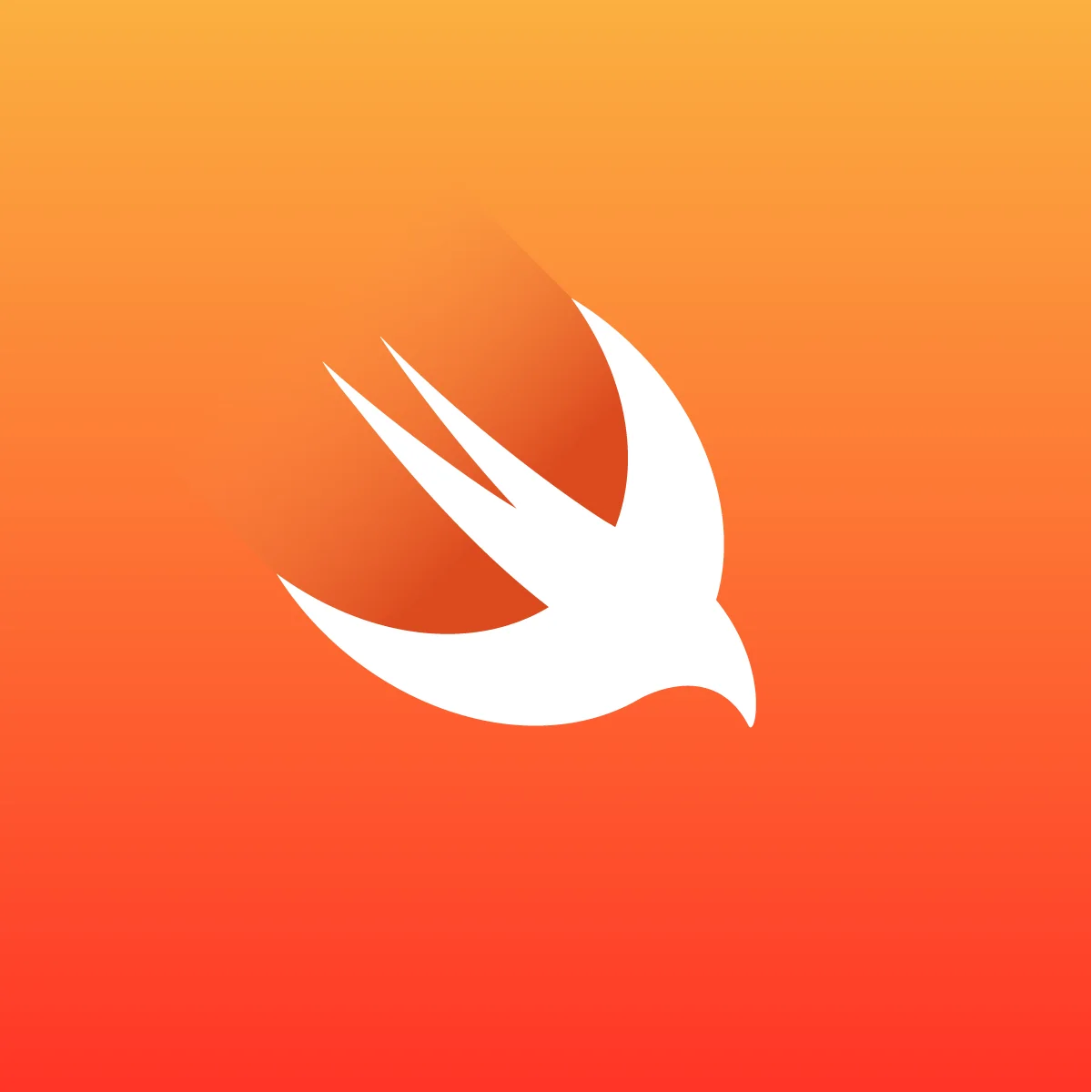
Swift is a powerful and modern programming language developed by Apple for iOS, macOS, watchOS, and tvOS app development. It was introduced in 2014, replacing Objective-C as the primary language for iOS development. Swift is designed to be safe, fast, and expressive, aiming to provide a seamless coding experience for developers. Its syntax is clear and concise, making it easier to read and write code than its predecessor.
For game development, Swift’s performance and efficiency are particularly beneficial for creating iOS games that run smoothly and consume less system resources. Its strong integration with Apple’s frameworks and APIs allows developers to harness the full potential of iOS devices and create immersive gaming experiences. Additionally, Swift’s safety features, such as optionals and type inference, help prevent common programming errors and reduce the chances of crashes and bugs in the code. With continuous updates and improvements by Apple and the growing community support, Swift has become a popular choice for iOS game developers, enabling them to craft high-quality, visually stunning, and engaging games for Apple’s ecosystem.
Java

Java is a robust and versatile programming language widely used in game development due to its platform independence and performance capabilities. Developed by James Gosling at Sun Microsystems, Java allows developers to create games that can run on various platforms without recompilation, making it ideal for cross-platform development. Its object-oriented nature, garbage collection, and strong community support contribute to its popularity in the gaming industry. With Java’s extensive libraries and frameworks like LibGDX and jMonkeyEngine, developers can easily build 2D and 3D games while leveraging its multithreading capabilities for smoother gameplay experiences.
An important note: Java and JavaScript are distinct programming languages with different purposes and applications. Java is a robust, statically typed language used for building complex applications, including desktop and mobile games, whereas JavaScript is a lightweight, dynamically typed language primarily used for web development to enhance interactivity and create dynamic content on web pages.
Lua

Lua is a lightweight, powerful scripting language known for its simplicity and speed. It is designed to be embedded in applications to add scripting capabilities, making it popular in the gaming industry for creating game logic and AI. With a minimalistic syntax and small footprint, Lua is easy to learn and integrate into various projects. Its portability, extensibility, and ability to interoperate with other languages contribute to its widespread adoption in game engines like Unity and World of Warcraft. Lua’s versatility and efficiency have earned it a reputation as a reliable and efficient choice for game development and other embedded systems.
Python
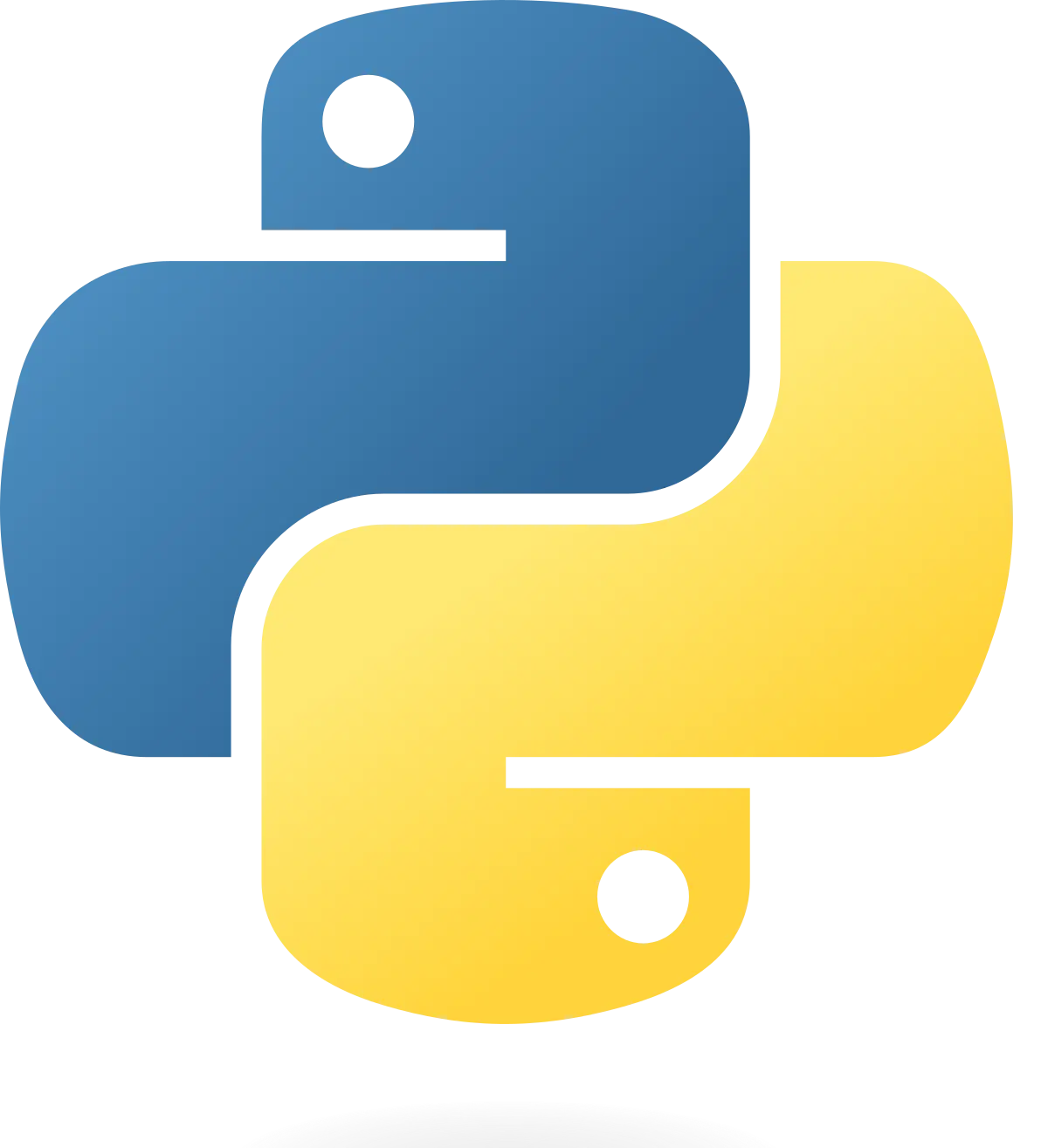
Python is a versatile and widely-used programming language known for its simplicity, readability, and ease of use. Developed by Guido van Rossum and first released in 1991, Python has become popular for game development due to its powerful features and extensive libraries. Its straightforward syntax allows developers to write clean and concise code, making it accessible to beginners and experienced programmers. Python’s object-oriented nature and support for functional programming allow developers to organize their game projects efficiently and easily tackle complex tasks.
In the realm of game development, Python offers several advantages. Its large and active community has contributed to a vast ecosystem of libraries and frameworks tailored to game development. For instance, Pygame is a popular library that provides tools for creating 2D games, while Panda3D and Godot Engine offer full-featured game engines that leverage Python as a scripting language. Python’s cross-platform compatibility ensures that games written in Python can run seamlessly on various operating systems, including Windows, macOS, and Linux. Moreover, Python’s ease of integration with other languages, like C++ or C, allows developers to harness the power of lower-level performance-critical code while maintaining Python’s readability and rapid development capabilities. With its versatility, simplicity, and strong community support, Python has established itself as a go-to programming language for game developers seeking efficiency, productivity, and flexibility.
Conclusion
In conclusion, choosing the right and Best Programming Languages for Game Development is crucial to the success and efficiency of the development process. Each language offers its unique strengths and caters to specific needs, whether it’s C++ for high performance, C# for Unity development, JavaScript for web-based games, Swift for iOS platforms, Java for Android games, Lua for scripting, or Python for its simplicity and versatility. Game developers should consider their project requirements, target platforms, and personal familiarity with the language to make an informed decision. Ultimately, mastering any of these languages can open up a world of possibilities, enabling developers to create captivating and immersive gaming experiences for players worldwide.



